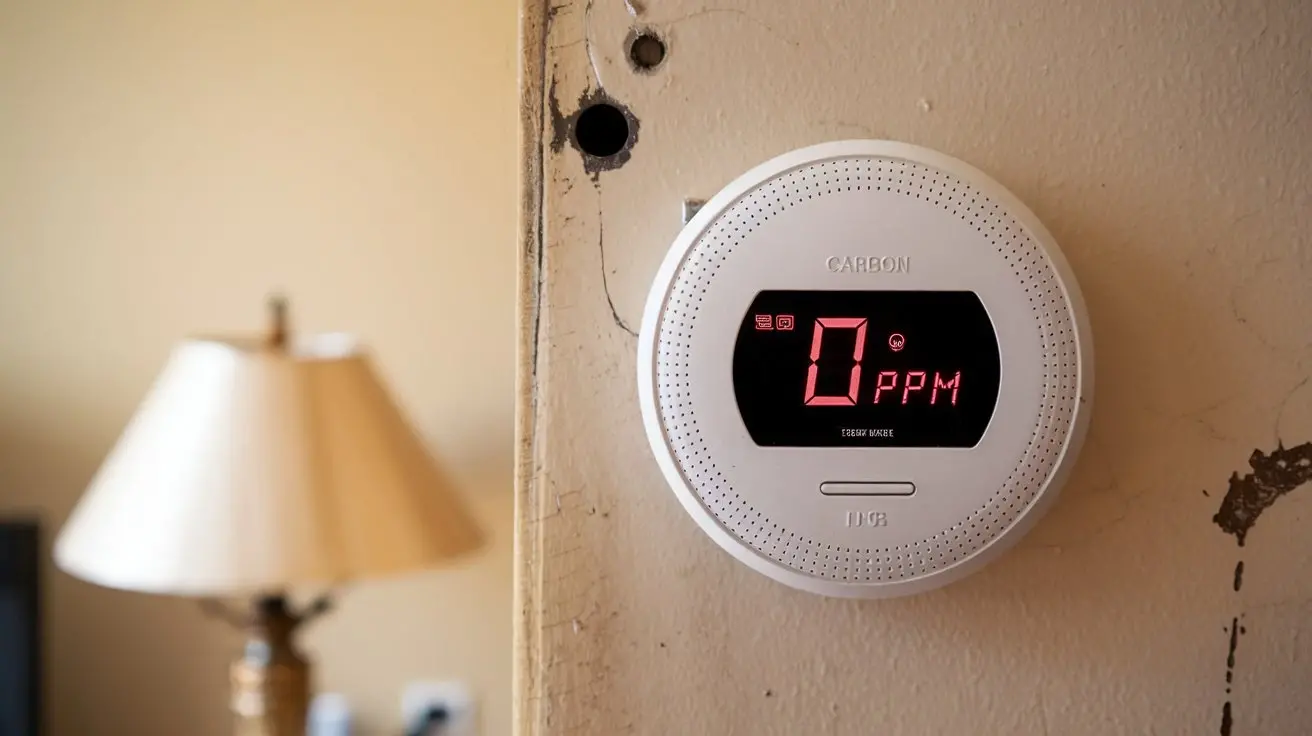FAQ about Carbon Monoxide Detector
1: What does a carbon monoxide detector do and how does it work?
A: A carbon monoxide detector is designed to detect the presence of carbon monoxide gas that is produced when carbon fuel fails to burn completely. The detector works by using a sensor that can detect and measure the amount of carbon monoxide gas in the air.
2: What are the sources of carbon monoxide gas?
A: Carbon monoxide gas is produced when carbon fuel, such as wood, gasoline, coal, propane, natural gas, and heating oil, fails to burn completely. Fuel-burning appliances like heating systems or water heaters are also common sources of carbon monoxide gas.
3: How dangerous is carbon monoxide gas?
A: Carbon monoxide gas is extremely dangerous as it binds with the red blood cells of the body and starves it of oxygen. High levels of carbon monoxide gas can cause permanent damage or even death.
4: How does a carbon monoxide detector work?
A: Carbon monoxide detectors work by using different kinds of sensors to detect the presence of carbon monoxide gas in the air. When the level of carbon monoxide gas reaches a dangerous level, the detector will sound an alarm to alert the occupants of the premises.
5: Where should carbon monoxide detectors be installed?
A: It is recommended to install carbon monoxide detectors on each level of your home near each bedroom and garage to test the air quality. They can also be installed in any area where fuel-burning appliances are located.
6: How often should carbon monoxide detectors be replaced?
A: Carbon monoxide detectors should be replaced every 5 to 7 years, depending on the manufacturer's recommendations. It is important to check the expiration date on the detector to ensure that it is still functioning correctly.
7: What should be done if a carbon monoxide alarm goes off?
A: If a carbon monoxide alarm goes off, evacuate the premises immediately and call emergency services. Move to a well-ventilated area and do not return to the premises until the source of carbon monoxide gas has been identified and fixed.
8: Are carbon monoxide detectors required by law?
A: Carbon monoxide detector requirements may vary by state and local codes. It is important to check with local authorities to determine the requirements in your area. However, it is recommended to install carbon monoxide detectors in all homes for added safety.
9: Can carbon monoxide detectors detect other gases?
A: Carbon monoxide detectors are designed to detect only carbon monoxide gas. They cannot detect other gases or fumes that may be present in the air. For example, smoke detectors are designed to detect smoke associated with fires, while gas detectors are designed to detect natural or propane gas leaks.



